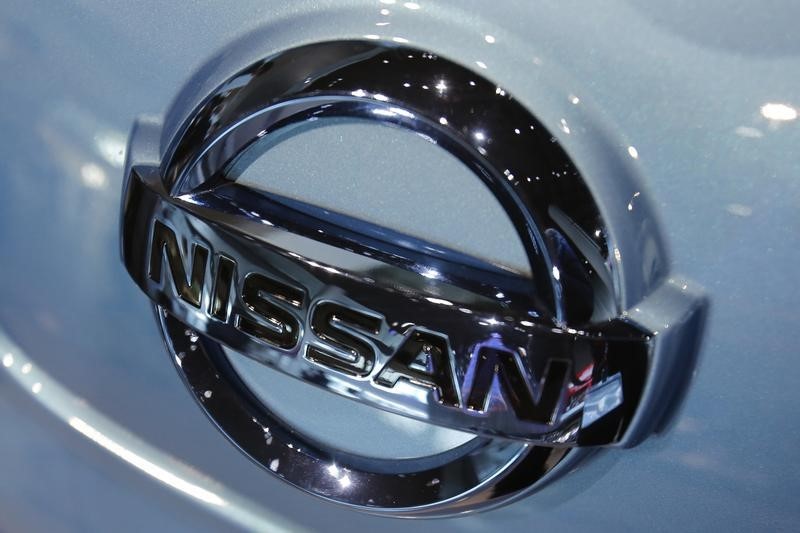Street Calls of the Week
Japan’s second and third largest car makers Honda (NYSE:HMC) and Nissan have acknowledged they’re in discussions regarding a potential merger, at a time when the industry is facing several headwinds.
Struggles in Chinese market
Both automakers have struggled in China, the world’s largest car market, as domestic brands offering cheaper and more technologically advanced electric vehicles (EVs) have overtaken foreign competitors.
The combined global sales of the two auto giants amounted to 7.4 million vehicles in 2023 but things are getting tougher as cheaper EVs flood the market, including from Chinese maker BYD, which overtook Tesla (NASDAQ:TSLA)'s quarterly revenues for the first time in October.
Government incentives in China have further accelerated the adoption of local EVs and plug-in hybrids, leaving Honda and Nissan grappling to maintain their foothold.
China accounted for almost 70% of global EV sales in November.
No specifics divulged
The companies acknowledged the talks in a joint statement but provided no specifics on the structure of the potential partnership or a timeline for its completion.
“As announced in March, Honda and Nissan are exploring various possibilities for future collaboration, leveraging each other’s strengths,” the companies said. “If there are any updates, we will inform our stakeholders at the appropriate time.”
The potential merger would help the companies compete against EV makers, particularly in China, and follows a series of recent collaborations between the two automakers.
In March, Honda and Nissan announced plans to partner on EV development, followed by an August agreement to collaborate on battery technology.
A merger between the two companies would likely face intense political scrutiny in Japan due to potential large-scale job losses.
Additionally, Nissan may need to disentangle itself from its existing alliance with French automaker Renault (EPA:RENA).
A deeper alliance could help address mounting challenges, particularly in the critical Chinese market.
Other struggles
In August, the two companies also announced a deal with Mitsubishi to discuss intelligence and electrification. Nissan is Mitsubishi’s largest stakeholder.
Nissan’s difficulties have been compounded by the fallout from former CEO Carlos Ghosn’s 2018 arrest for alleged financial misconduct, an incident that destabilised the company and weakened its once-dominant alliance with Renault and Mitsubishi.
The auto giant’s operating income between March and September 2024 plummeted by 90% year-on-year.
It has also kept quiet about a Bloomberg report suggesting that Foxconn (SS:601138), the manufacturer of iPhones, had expressed interest in acquiring a controlling stake in the carmaker.
Honda, which is larger than Nissan, has faced its own struggles.
The company’s ambitious goal to sell only zero-emission vehicles in major markets by 2040 has been slowed by low fuel prices, insufficient charging infrastructure and waning demand for EVs in the United States and Europe.
Nissan shares jumped 23% in Tokyo on Wednesday, while Mitsubishi's were up by almost 20%. Honda shares slipped about 3%.
